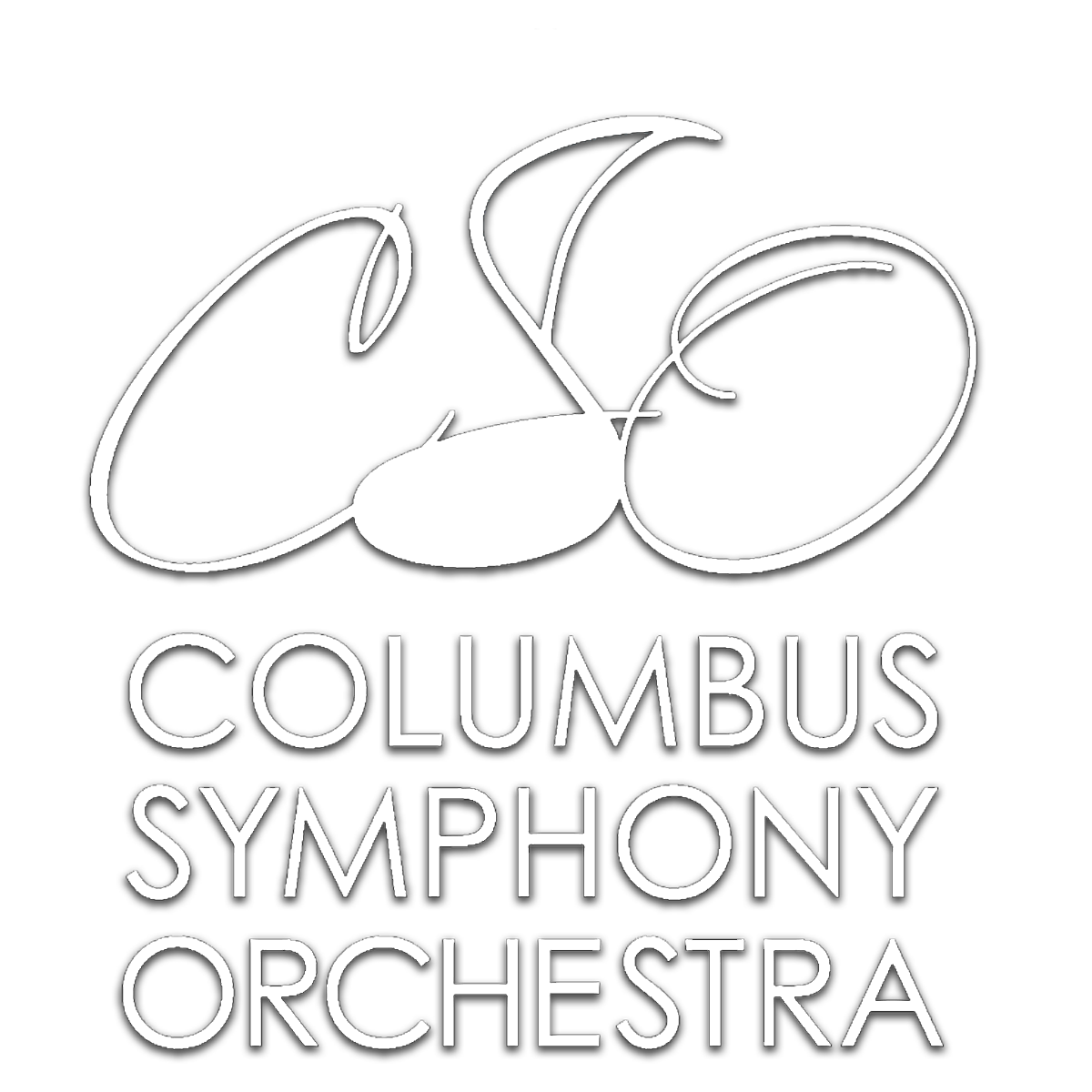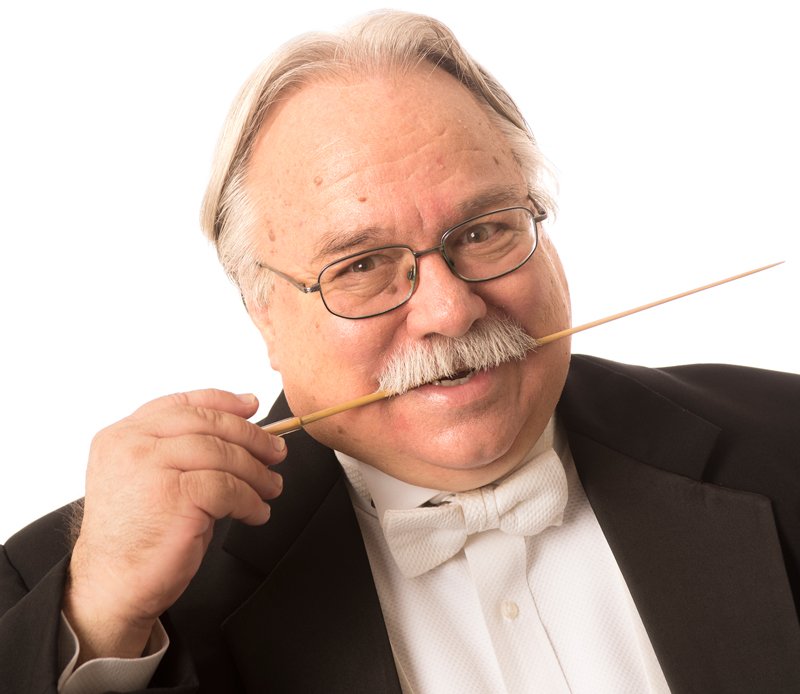Maestro
George Del Gobbo
The Dr. & Mrs. Steven Leichter Chair
George Del Gobbo has been the Columbus Symphony Orchestra’s Music Director and Conductor since 1987. During this time the orchestra has demonstrated unprecedented artistic growth.
Del Gobbo began his musical education on the violin at age 12. An interest in conducting soon followed and he pursued both disciplines throughout his training at the Eastman School of Music and the Catholic University of America. The most profound influence on his musical thinking came during the time he spent as a student of Maestro Franco Ferrara at the Accademia Nazionale di Santa Cecilia in Rome and the Accademia Chigiana in Siena, Italy.
Prior to his tenure in Columbus, Del Gobbo served as the Associate Conductor of the Fort Worth Symphony Orchestra, Conductor of the Fort Worth Ballet, Director of Orchestral Studies at Texas Christian University, and Music Director and Conductor of the Youth Orchestra of Greater Fort Worth. In addition has appeared as guest conductor with orchestras around the country and in South America including the Orquesta Clasica de Santiago and the Orquesta Sinfonica de Concepcion both in Chile.
Ask the Conductor
Five Good Questions:
Question One (from Marcia in Mid-Town): Tell me about the orchestra. Where do all these people come from?
gdg: Good question, Marcia. The members of the Columbus Symphony Orchestra are professional free-lance musicians who come to us not only from Columbus, but from all over the southeastern United States. While many live in the Atlanta area, we have had players from Birmingham to Jacksonville, from Chattanooga to Tallahassee and all points in between. They are graduates (and some still students) of the country’s best music schools. We are privileged to have them as dedicated members of our orchestra.
Question Two (from Bill in Beaver Run): What about you? How did you get here?
gdg: Due to certain restrictions in my deal with the Witness Protection Program I can only say that I was born in E*#e, PA, studied violin and conducting at the Eastman School of Music in R*&chest#r, NY, and in Rome, It@*ly, and worked as a conductor at TCU and the Fort Worth Sy*pho#$ny, before coming to Col%mb*s. Everything else is classified.
Question Three (from Herb in Hamilton): What does a conductor really do, after all?
gdg: Nice one, Herb. I’ve been asking myself that very question for years. Ideally, the conductor helps to realize the intentions of the composer’s written musical score by coordinating and shaping the efforts of all of the musicians in the orchestra. However, if you asked the orchestra, you might get a totally different answer (between what a conductor should do and actually does).
Question Four (from Becky Joe in Buena Vista): What’s a concertmaster?
gdg: It depends on the ego of each individual concertmaster (ahem). The concertmaster is the leader of the first violin section and, therefore, usually considered to be the leader of the entire string section. She serves as the liaison between the conductor and the string sections with regard to things like bowings and other technical issues. She plays all violin solos and serves on the committee which auditions potential new string players.
Question Five (Anonymous in Phenix City): Who would be on your Mt. Rushmore of immortal composers?
gdg: A tough one, Anonymous (I told you never to contact me here). There are so many deserving candidates, but if I had to choose only four, they would be Beethoven, for his ability to express the deepest yearnings of the human soul; Mozart, for the sheer elegance and joy of the expression of his genius, Brahms, because I like Brahms (get over it), and Shostakovich, because he is in so many ways the Beethoven of the twentieth century. I would have to add a fifth face, because no list would be complete without Bach.
Question Six: (from CPB in another state): How can we help the CSO?
(What? A sixth question? Oh well, the CSO always delivers more than it promises—roll eyes and sigh here.)
gdg: It’s okay. I know who you are. Come to concerts (you’re already doing that). Make a contribution (of any size) to our Annual Fund or Education/Outreach Program, and tell your friends about us. You, yourself, can be our best ambassador to all those who would enjoy our music but have not yet taken the CSO plunge.

